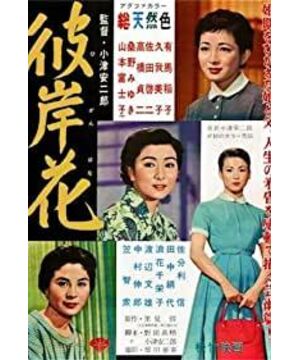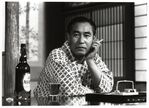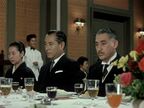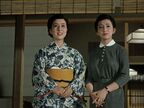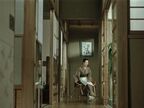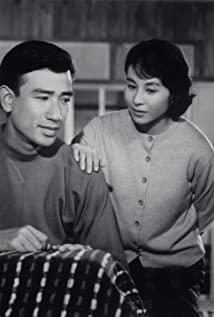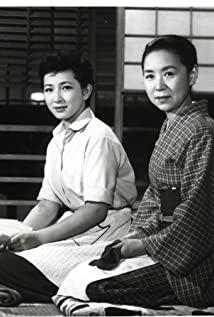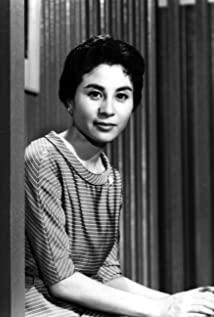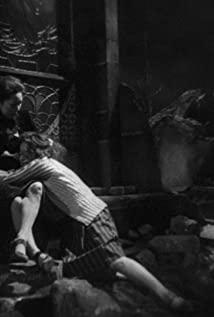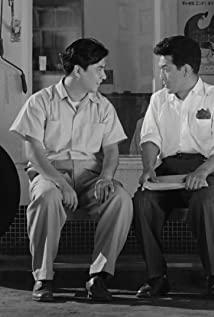Today is Mother's Day.
The day before, my eight-year-old daughter discussed with me, asking me to be her alarm clock, and repeatedly told me to wake her up at 5:30 in the morning, because she wanted to put Mother's Day gifts in a place that she thought was important to surprise her mother .
One of the gifts is a seal work made of plasticine, and the other is a card issuance led by an English extracurricular teacher. It seems that there are other small productions. I did not dare to ask more, for fear of being a spoiler dog.
To be honest, I envy my mother very much, but my daughter is not so enthusiastic about me.
At 5:30 in the morning, I woke her up on time. After calling her for a long time, she turned over and reluctantly agreed.
At 5:50, to see that there was still no movement, I called again. This time she was extremely impatient and said angrily, "I know, I know, I'll get up when it's time to get up, stop arguing..."
I said, "Don't you want to get up early? It's almost 6:00!"
She was extremely impatient, just as I forced her to get up early and imposed my will on her, which made me extremely unhappy, and threatened to never wake her up again.
Back in the living room, I opened this "The Flower of the Other Shore", but I didn't expect it to show father and daughter.
The color and composition are amazing as soon as the film is opened, and it is clear that the position of every shot and the angle of the framing has been so thought out and carefully crafted that any pause is a warm-toned screensaver.
The Japanese are extremely precise in their filmmaking. Every shot has no wasted space and is valuable. It serves the plot, the story, and the psychology. It won't come up with a bunch of aimless long shots pretending to be artistic atmosphere.
The footage is comfortable and the movie looks good.
The conflict between Oriental father and daughter is an eternal topic, and the interpretation of various angles is enough to shoot thousands of movies without repeating the same.
As a father of girls, I have to admit that I do have more worries and anxieties about my children than fathers of boys.
I am worried that she is not independent enough to take care of her own life; I am afraid that she will not protect herself when she encounters bad people; I am afraid that she will not have the courage to say no to bad people; Shipwreck...I'm too scared.
I finally feel that I am quite enlightened, and I do not intend to interfere with the children's future emotions, and guide the children to do whatever they want, dare to love and hate.
But when I saw the other side of the flower, I was like a man on my back, saying that one thing is not what I want, but I am afraid it is really a last resort. I suddenly understood this father very well, understood his unhappiness, and understood his compromise.
I started to think, I'm afraid I'm not going to do much better, and what about my daughter? In the film, their enthusiasm for pursuing happiness is really not impulsive and blind, and is it not without consideration?
Can a man who plays basketball well and does things on his own without considering his girlfriend's opinion can really be a good husband after the romantic period? It's really bad that my father's opinions are ignored. We don't want to be an authority to give orders, but we don't want to be ignored. It's a contradiction. How do we balance intervention versus letting go in our lives?
Should I call once in the morning and take it off? Or should I ask my face to eat this gray nose for the second time?
Should I restore my original self and look down on the sacks that make it hard to get up if I say no? Or should she compromise and let her decide whether to stick with her plan or give up?
There is no standard answer to these damn questions. There is no grade test for the title of father, and I don't have a professional qualification certificate. Damn it!
View more about Equinox Flower reviews


